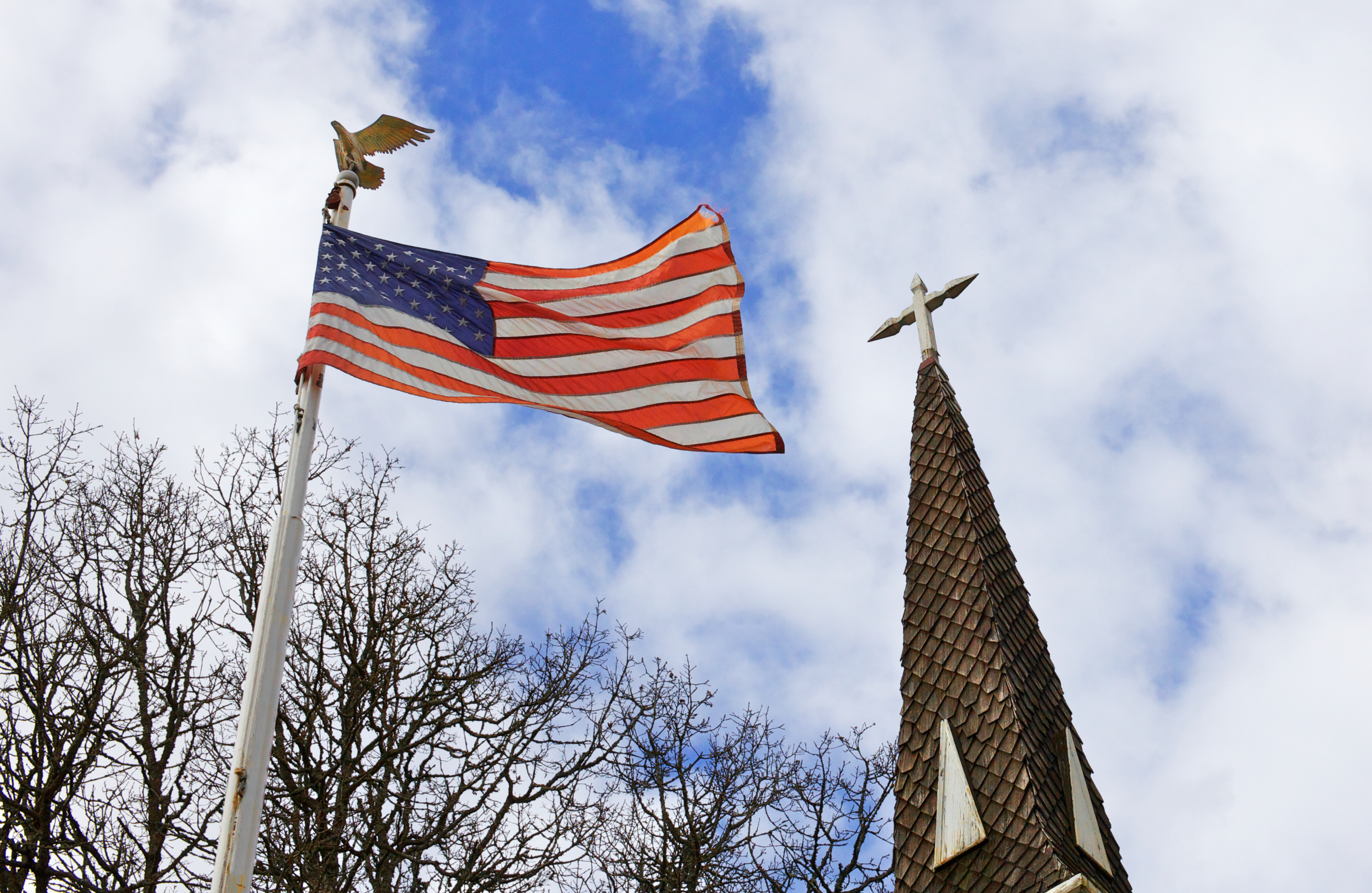
A legal battle that the Freedom From Religion Foundation is fighting in New Jersey over unconstitutional funding is now headed to the state's highest judicial arena.
The New Jersey Supreme Court has accepted a direct appeal of a trial-level decision that allowed Morris County to disburse millions in taxpayer funds for church repair, despite a state Constitution provision barring such use.
FFRF and member David Steketee filed suit in late 2015 against the county, challenging public grants of tax dollars to repair or maintain churches. FFRF, with Steketee, a taxpayer in Morris County, contested more than $5.5 million in funding to churches since 2012 by the Historic Preservation Trust Fund. FFRF specifically challenged $1.04 million in allotments to Presbyterian Church in Morristown to allow "continued use by our congregation for worship services," and disbursements to St. Peter's Episcopal Church to ensure "continued safe public access to the church for worship."
FFRF contends the grants clearly violate Article I, Paragraph 3 of the New Jersey Constitution that guarantees: "nor shall any person be obliged to pay tithes, taxes, or other rates for building or repairing any church or churches, place or places of worship, or for the maintenance of any minister or ministry, contrary to what he believes to be right."
The trial court created an exception to Article I, Paragraph 3, brushing aside binding precedent because this particular case involved educational grants rather than historic preservation grants. The court provided what FFRF deemed "scattershot justifications," such as claiming the state has a "long history [since 1990] of making historic preservation grants to active houses of worship." But an illegal practice does not become legal just because it has gone unchallenged for a few decades.
The Supreme Court accepted the case and adopted an issue statement by Morris County that badly misconstrues the facts: "Does the county's voter-approved program providing grants to nonprofit organizations that own buildings on the state or federal historic register, including churches and other religious institutions, violate Article I, Paragraph 3 of the New Jersey Constitution?"
FFRF takes issue with this description because it suggests that religious institutions were offered grants on equal terms as nonreligious institutions. In fact, Morris County's program is open to all religious nonprofits, but only to secular nonprofits that meet certain strict guidelines.
The state/church watchdog is hopeful that the New Jersey Supreme Court will confirm that Morris County cannot compel taxpayers to support or repair churches, upholding the plain language of the state Constitution.
"We're confident that the Supreme Court will rule in our favor," says FFRF Co-President Annie Laurie Gaylor. "After all, handing out millions in public money to churches is clearly a constitutional violation."
In late 2016, the New Jersey Supreme Court agreed to hear another case that involved government grants to religious entities, American Civil Liberties Union of New Jersey v. Hendricks. In that case, an appellate court correctly ruled that the grants were unconstitutional.
FFRF's first brief to the court is due on June 23. FFRF's lawsuit is being handled by attorney Paul S. Grosswald. FFRF Staff Attorney Andrew L. Seidel and Legal Fellow Ryan Jayne are co-counsel.
The Freedom From Religion Foundation is a nationwide nonprofit organization dedicated to the constitutional separation of state and church, with more than 29,000 nonreligious members across the country, including 500-plus in New Jersey.
Photo via Shutterstock by Bobkeenan Photography